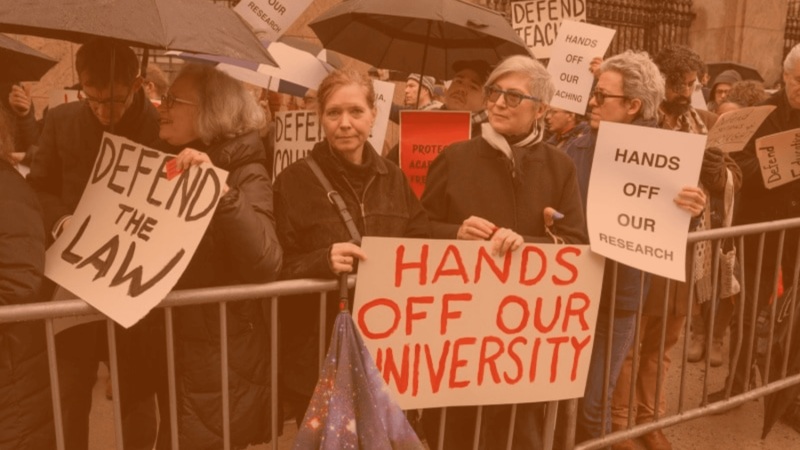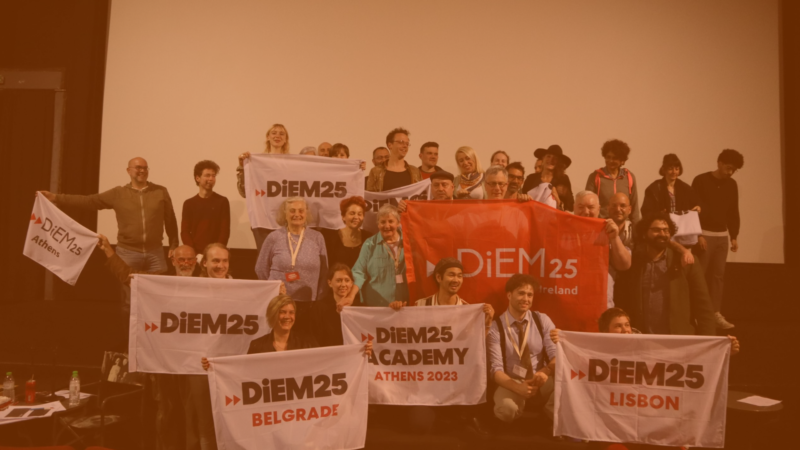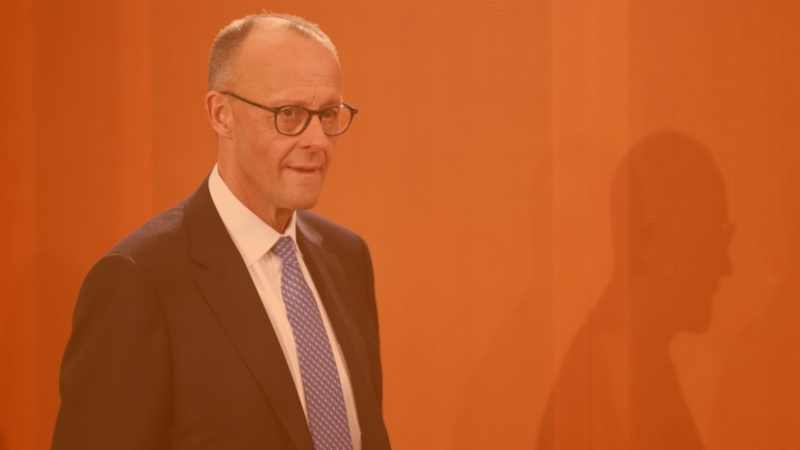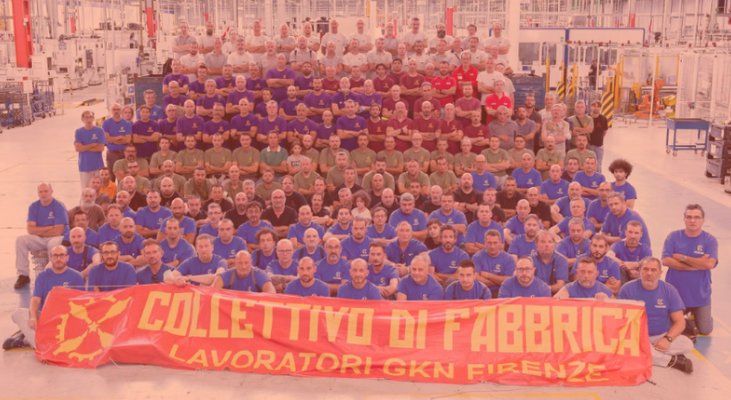The current state of affairs in Romania is extremely reminiscent of the “adventures” of Pinocchio in the city of catchfools. The ruling party, after winning the elections back in the fall of 2016 with a promising social agenda, gradually disclosed its blatant incompetence and greed for power. The two infamous overlords of the present political establishment, leader of the Social (sic!) Democratic Party and the prime minister bitterly and ironically resemble the fox and the cat respectively from Carlo Collodi’s story. After abandoning Pinocchio in order to pay for their meal – this was the Romanian government trying to amend the criminal law, back in February, which ignited the greatest protests since the fall of communism – now they are trying to persuade the ‘demos’ that if you are setting about burying your fortune for safe keeping, it will become much bigger if you pour water on it.
Ironies aside, this could open the back door for another imminent disaster, namely complete defeat of any social agenda and a restoration of fiscal conservatism. The current opposition, by mocking the inability of the Government to fulfil any of its electoral pledges on social reform, will clamp down on welfare measures. “The State cannot squander away our money ad infinitum” becomes a mantra in common parlance, not to mention the mounting disdain of mainstream “civil society” towards those who are “socially assisted ”. A book published in 2004, What’s the matter with Kansas?, masterfully described how a “hotbed” state for the American left-wing, became overwhelmingly conservative, culturally as well as economically. It depicted in exemplary detail how it was possible to shift the political matters at stake from social and economic fairness to conservatism, by the use of explosive cultural issues and economic sophisms. As the author, Thomas Frank, concurs: “the gravity of discontent pulls in only one direction: to the right, to the right, further to the right.”
Bogdan is a member of DSC Bucharest, but also a humble engineer living in Munich. His main points of interest are socio-political issues of South-East Europe, as well as promoting DiEM25 there.
Do you want to be informed of DiEM25's actions? Sign up here















